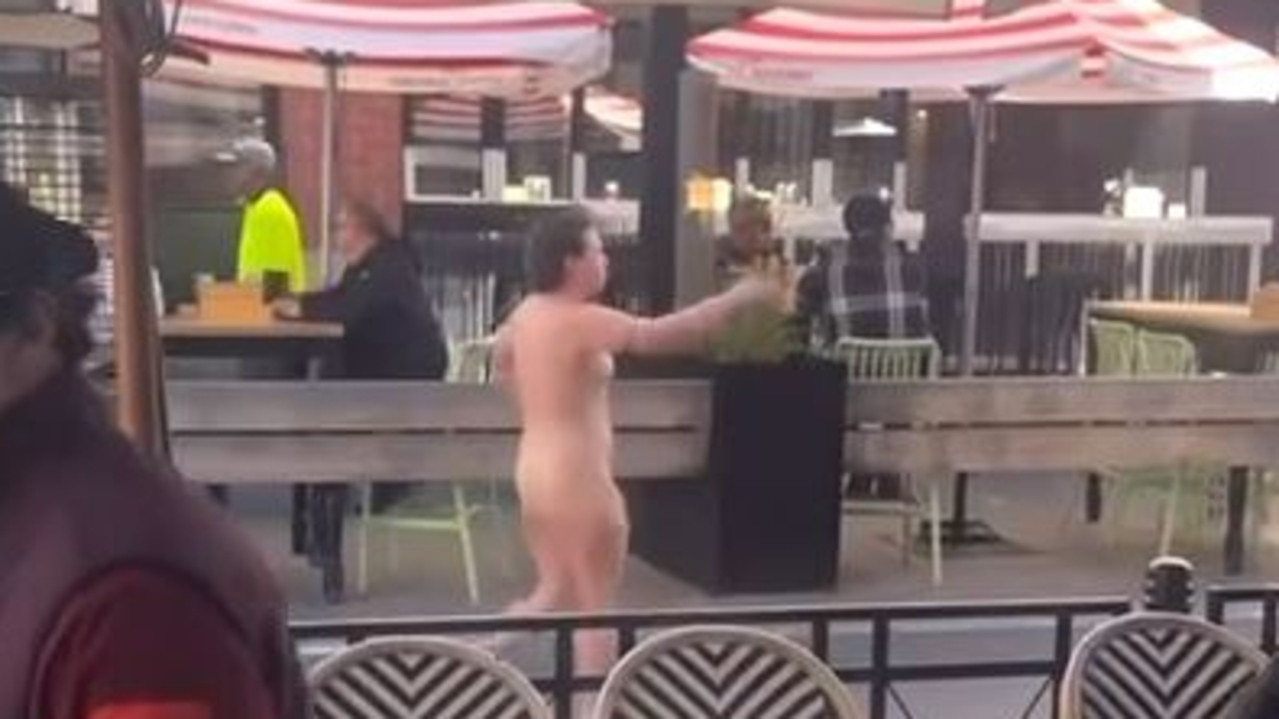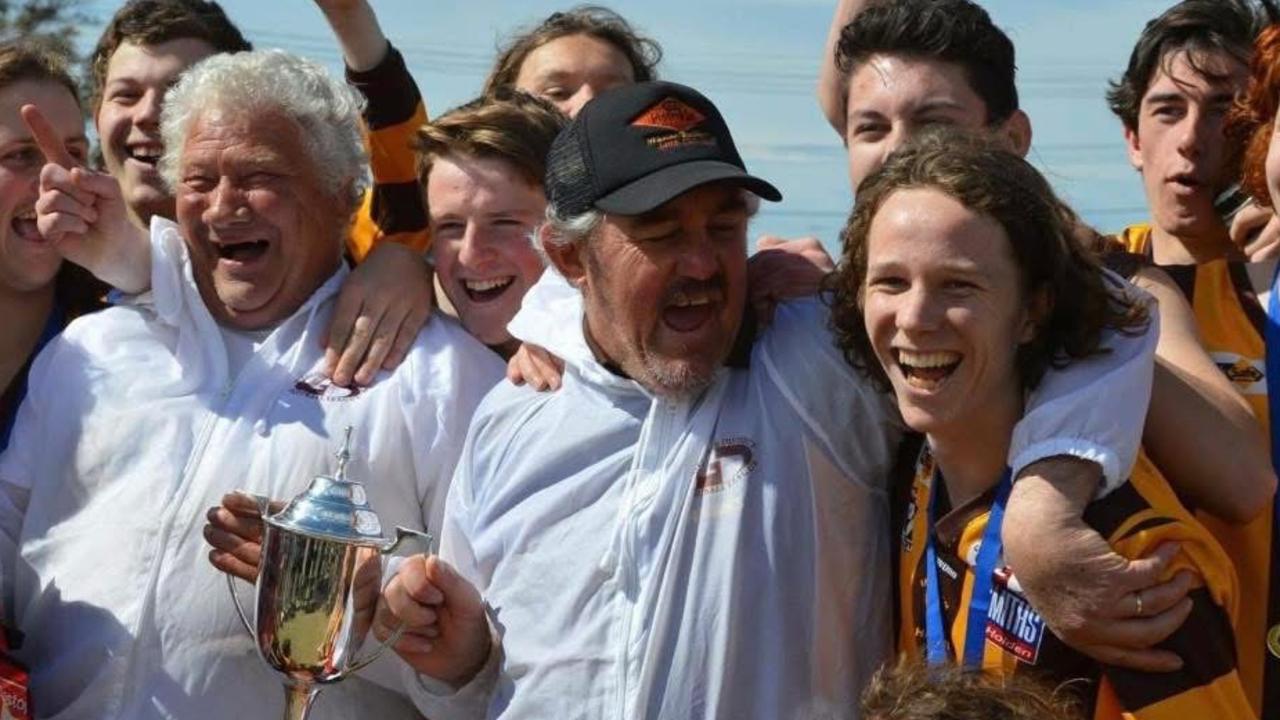Generation Covid: Pandemic creates surge in young people leaving home to avoid tension
Pandemic tensions spark 60 per cent rise in young Geelong people seeking emergency housing as mental health and wellbeing take a heavy hit.
Geelong
Don't miss out on the headlines from Geelong. Followed categories will be added to My News.
Covid has exacerbated tensions within local families, with some young people leaving home due to increased conflict.
Barwon Child, Youth and Family youth services manager Mandy Baxter said unfortunately, family conflict was more common at times of increased stress and uncertainty.
“The close confinement due to Covid-19 restrictions has intensified many issues for parents and teenagers,” Ms Baxter said.
“This increased family conflict has been a major contributing factor behind the increasing number of young people seeking support from our youth service crisis programs over the past 18 months.
“Covid 19 has also impacted youth homelessness across the Barwon South West region.
“Over the past year, our crisis services saw approximately a 60 per cent increase in young people seeking emergency housing support across the region.”
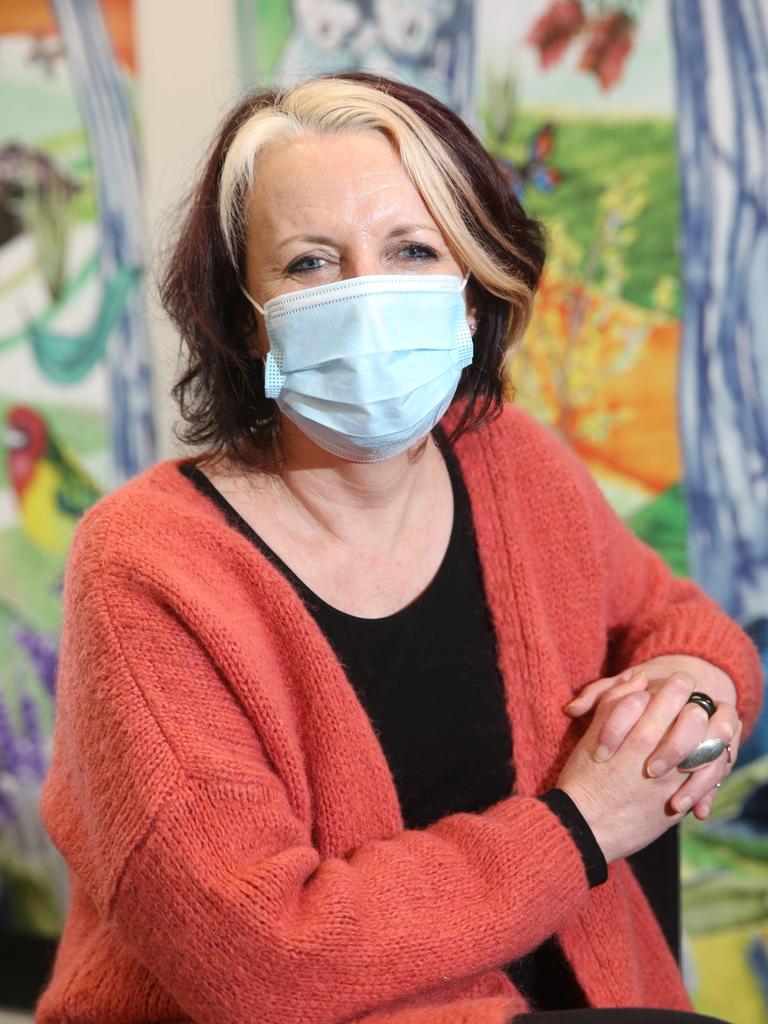
BCYF alcohol and other drugs and mental health services manager Josie Taylor said similar to the youth services area, the team had seen some young people leave the family home due to increased conflict.
BCYF executive director client services Allan Murphy said over the past 18 months, the organisation had seen, across a range of BCYF’s services, the ongoing impact that Covid 19 has had on family relationships and young people’s mental health and wellbeing.
“We know that the magnitude of the disruption caused by Covid 19 has exacerbated issues for many young people and it is often these changes that lead to an impact on their mental health,” Mr Murphy said.
“For example, where there was conflict previously, the pandemic is likely to have increased that conflict.
“Similarly, where finances were tight, they are likely to be even tighter and sustained stressors such as these can often lead to the need for support to change the situation.
“Our youth, alcohol and other drugs and mental health, and headspace Geelong services have all continued to see steadily high numbers of young people contacting them for support during this time.
“All of BCYF’s support services, supporting children, young people and their families have continued to operate throughout the pandemic.”
Young people and their families can find out more about BCYF’s range of youth services supports online at bcyf.org.au/youth-services and access these supports by calling 5226 8900.
How parents can best chat mental health with their teens
November 24
A local psychologist says parents taking a non-judgmental approach when raising issues relating to substance use with their teens can be productive.
Bianca Tassone, a clinical psychologist at Chris Mackey and Associates who works extensively with teenagers, suggested if there was something parents were concerned about in terms of substance use or mental health, they could approach the matter with a curious stance, rather than a punishing or lecturing tone.
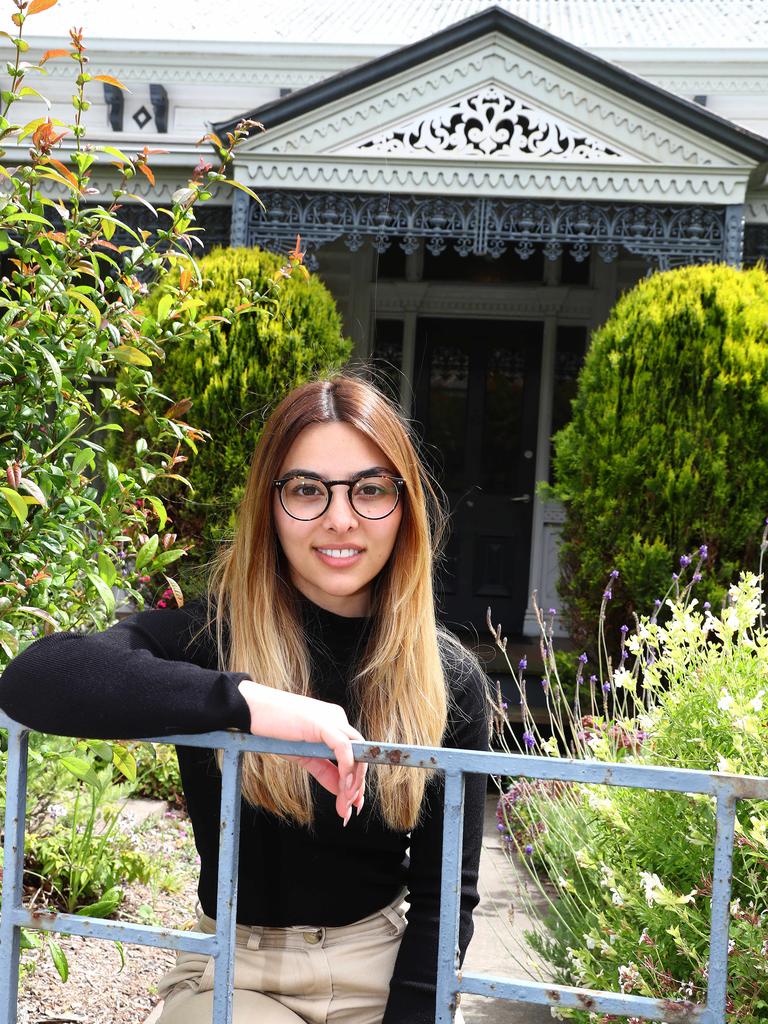
“Teenagers can become pretty open,” she said.
“You’re not there to lecture because they’ll become defensive.”
Ms Tassone said parents could approach the issue generally – such as raising they had heard a substance was readily available, and asking whether it was something their teen had heard about.
Ms Tassone said she was seeing a lot of anxiety amid the ongoing pandemic, and encouraged parents to “just be that shoulder”.
“Be all ears, hear your teens out,” she said.
She said if there was concern that there were mental health issues beyond the scope of what a parent could manage, adults could thank their teens for sharing, reinforce they would always support them, and suggest getting outside support involved.
“It’s good to broaden the systems, it’s not about saying ‘you must see a therapist’, but a gentle suggestion,” Ms Tassone said.
“Have that discussion in an open way where the adolescent has autonomy and agency.
“What I’ve noticed is probably a silver lining is now adolescents are back to face-to-face learning … there’s a lot more involvement with the school system like liaising with the wellbeing officer or teachers and putting in a bit of a plan.
“I think that’s a really powerful message to students, you have access to resources at schools.”
Ms Tassone said apps were available that could help teens manage their mental health.
She said the Anxiety Release app, developed by clinical psychologist Mark Grant, was helpful for managing both the physical and thinking side of anxiety.
TheWorryTime app, developed by ReachOut Australia, could help externalise and mentally dump worry thoughts, she said.
What is troubling Geelong youth most
Mental health services are being overrun with adolescents battling issues including eating disorders, depression, and health anxiety.
Youths’ substance consumption has been exposed during the pandemic with parents uncovering their use, while schools have noticed increases.
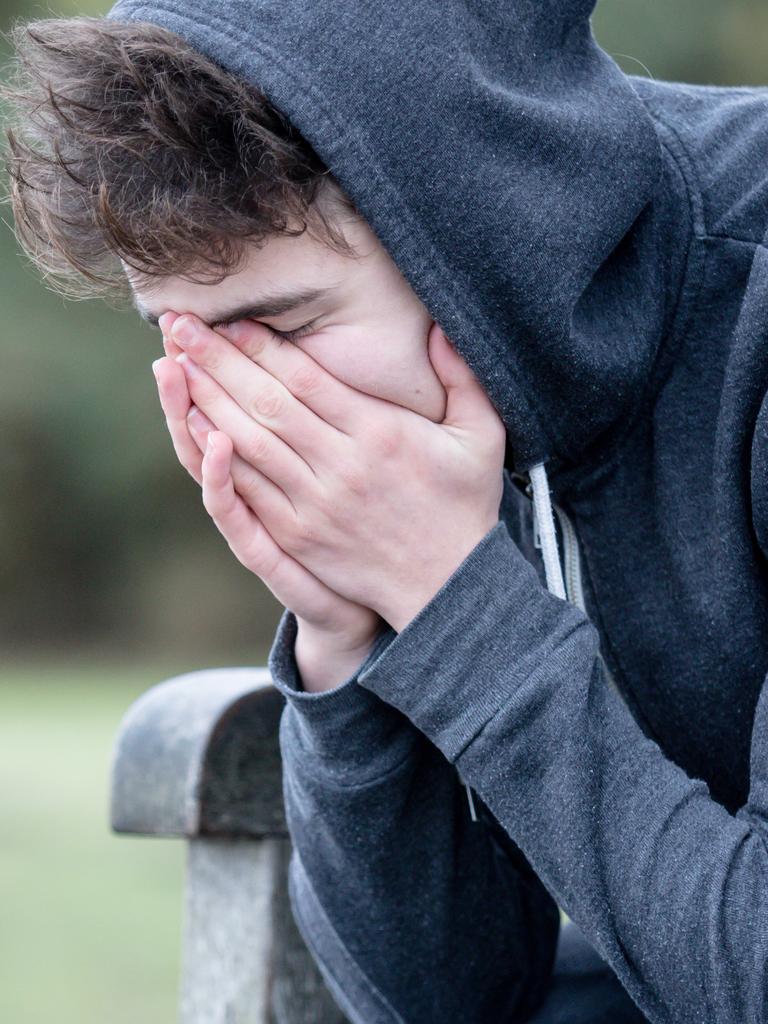
Geelong psychology practice Chris Mackey and Associates has experienced a continued steady stream of adolescent inquiries during the pandemic, running about 20 to 30 per cent above normal.
“I think this has tailed off as the general public and GPs are aware that it’s pretty impossible to get appointments at the moment,” practice manager Sue Mackey said.
Common referral inquiries were for anxiety, depression, school refusal, self harm, eating disorders, tics, obsessive compulsive behaviours and health anxiety, Ms Mackey said.
“A lot of teenagers and children who have accessed our services in the past have re-referred for further support this year leaving even less available appointments for those experiencing first time difficulties,” Ms Mackey said.
“We are not even able to take details for a waiting list at the moment for new teenagers as we don’t have scope for the foreseeable future to book anyone – all appointments are going to previous clients in our system.
“For the last two months we have been referring on to the public services.”
Barwon Child, Youth and Family alcohol and other drugs and mental health services manager Josie Taylor said in the past year, the BCYF youth alcohol and other drugs team supported 250 young people and their families seeking treatment.
“Our family team supported approximately 500 individuals and families,” she said.
“We have also seen an increase in parents reaching out for support as during COVID-19 restrictions they have discovered young people’s substance use as the young person has been in the family home more often and not able to keep it away from their parents’ view.
“We have experienced more contact from schools wanting to engage young people in alcohol and other drug support and education after observing increased substances use by young people.”
Ms Taylor said BCYF offered a wide range of programs for people who may need support in relation to alcohol or other drug use.
“This includes child, youth, adult and family alcohol and drug services that provide support for people who use drugs and those who are affected by the drug or alcohol use of a loved one,” she said.
Barwon Health mental health, drugs and alcohol services clinical director Associate Professor Steve Moylan said, in line with state and national trends, there continued to be strong demand for mental health services for teenagers.
“This has particularly been the case for those with issues related to eating, and teenagers who have other issues affecting their social environment,” Prof Moylan said.
“In particular, we have noticed strong demand to assist teenagers and other young people through our Head to Help service in North Geelong.
“We are continuing to invest strongly in our youth mental health services to ensure that we have the services required to meet this need, and local mental health services have been meeting regularly to discuss ways we can work together.
“One of these collaborations is our 12-week #KeepGeelongStrong social media campaign, which recently outlined local services and support for youth and young people.”
For mental health tips and local resources, visit www.barwonhealth.org.au/keepgeelongstrong.
Ms Taylor encouraged anyone who is concerned about their alcohol and other drug use or that of a loved one to call BCYF’s Alcohol and Other Drugs team for a confidential conversation.
To speak to the team call 1300 022 293 or email aodintake@bcyf.org.au.
The Geelong Advertiser will ask psychologists your questions about teenagers’s mental health issues in a video forum this week. Submit yours to tamara.mcdonald@news.com.au
Originally published as Generation Covid: Pandemic creates surge in young people leaving home to avoid tension



